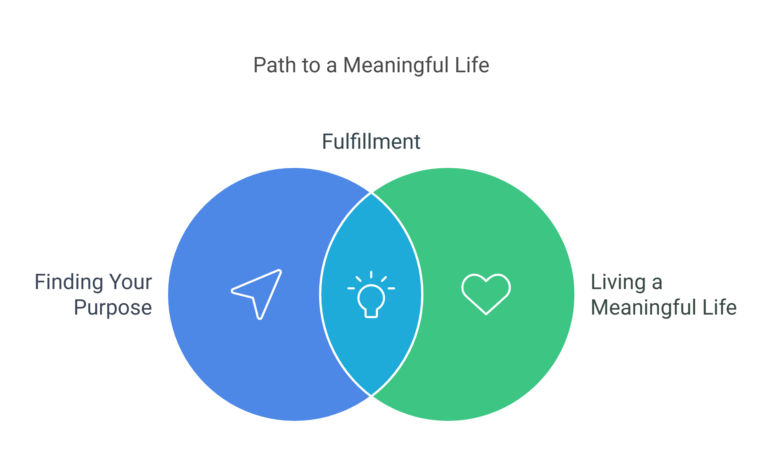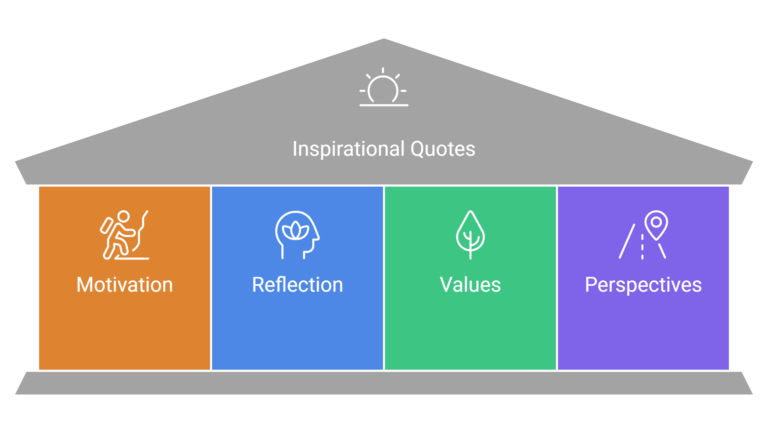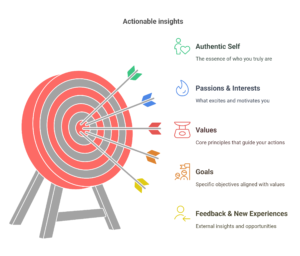How to find Purpose: Robert Greene’s Life-Changing Insights on Huberman Lab podcast
Introduction

In a profound conversation on the Huberman Lab podcast, Robert Greene—renowned author of Mastery, The 48 Laws of Power, and The Laws of Human Nature—shared transformative insights on purpose, power, and the human experience. Greene’s wisdom isn’t just theoretical; it stems from personal struggles, including his recovery from a stroke, which deepened his understanding of neuroplasticity, resilience and the urgency of living with intention. This blog distils his most actionable advice on finding purpose, harnessing anxiety, and unlocking the brain’s potential. Greene’s perspective offers a sense of direction for Life.
The concepts and perspectives introduced here seems to be very optimistic and doable. In this content, I will be inclining more towards “finding our Purpose” although I will include the other topics as well. Hope you’ll enjoy learning as you read it through.
Finding Your Purpose: The Key to a Meaningful Life

Your Uniqueness is Your Power
When you were born, you are a phenomenon—you are unique. Your DNA has never occurred in the history of the universe; That is your source of power. Greene emphasizes that no one in history has your exact genetic makeup or life experience. This uniqueness isn’t just a fact—it’s your greatest advantage.
Listen to Your Childhood Impulse Voices
As a child, you have ‘impulse voices’—little voices that say, ‘I love this, I hate that.’ Pay attention to these voices as they direct you.” Before societal conditioning, children have raw, unfiltered instincts about what excites or repels them. Rediscovering these early inclinations can reveal your true path.
Discover Your Dominant Intelligence
Greene references Howard Gardner’s “Five Frames of Mind” (verbal, abstract, kinesthetics, social, etc.). Each person has a natural strength—find yours and lean into it. Your brain naturally veers towards one form of intelligence. Go with that grain—that’s where your power lies.”
Purpose is Visceral, Not Just Intellectual
The Process, Not Instant Answers
additional concepts by Robert greene
Anxiety, “Death Ground,” and Unlocking Creativity
Anxiety as a Creative Catalyst
The Power of “Death Ground”
The Human Brain: Your Greatest Asset
Impactful quotes

1. “When you were born, you are a phenomenon—you are unique. Your DNA has never occurred in the history of the universe going back billions of years, and it will never occur in the future. That is your source of power.”
2. “When you find that sense of purpose—when you find what I call your life’s task—everything has a direction, everything has a purpose. Your energy is concentrated. It’s actually the most exciting thing that can ever happen to you because you never have that lost feeling again.”
3. “As a child, you have what the great psychologist Maslow called ‘impulse voices’—little voices in your head that say, ‘I love this, I hate that.’ You’re very cued into who you are and what you like, pay attention to these voices as it directs you.”
4. “Your brain naturally veers towards one form of intelligence. It’s like a grain in your brain going in a certain direction—you want to go with that grain, because that’s where your power will lie.”
5. “Finding purpose isn’t an intellectual thing—it’s visceral, emotional, physical. You feel it in your body. When you’re doing it, it’s like swimming with the current; things are easy.”
6. “Purpose gives you a sense of direction. You can try different things, experiment, have fun in your 20s, but it provides an overall framework—a compass—instead of confusion and chaos.”
7. “Power is connected to that inner sense of what you were meant to do. You feel it with the ease and the connection that comes from it.”
8. “Modern life should involve the ability to ignore certain things. You have to learn the art of what to ignore, because distractions take us away from our purpose.”
9. “You want to digest ideas, interact with them, and put them through your own lens—not just mimic others. That’s how they become your own.”
10. “Putting yourself on ‘death ground’ means recognizing reality: You could die tomorrow, lose everything. You need that urgency now—because you’re fooling yourself by thinking you have all the time in the world.”
11. “Being able to deal with anxiety and to not give into the most instant gratification that you can get is to me a marker of somebody who will be creative and will invent something as opposed to people who just recycle old and dead ideas.”
Actionable Steps: Find Your Purpose

Reflect on your early "impulse voices" and innate preferences
Robert Greene suggests that when you were a young child (around four or five years old), you had clear “impulse voices” indicating what you loved and hated. Try to recall those early interests and inclinations, as they can provide clues to your natural tendencies and what truly resonates with you. As Greene states, “you’re very queued into who you are and what you like and what you don’t like and these voices kind of direct you in certain ways”.
Identify your dominant form of intelligence
Drawing on Howard Gardner’s “Five Frames of Mind,” Greene highlights that intelligence manifests in various forms beyond just the intellectual. Consider which of these intelligences (verbal, abstract, kinaesthetic, social, etc.) you naturally gravitate towards. Understanding your inherent strengths can help you align your pursuits with your natural abilities. As Greene explains, “it’s like a grain in your brain that’s going in a certain direction you want to go with that grain and because that’s where your power will lie”.
Pay attention to visceral, emotional, and physical cues
Finding your purpose is not solely an intellectual exercise but a deeply felt experience. Notice what activities or subjects evoke strong positive emotions, a sense of excitement, and a feeling of being “in the current” where things feel natural and engaging. Greene states, “the connection to what I’m talking about [finding purpose] it’s not an intellectual thing it’s visceral it’s emotional it’s physical right and you feel it in your body”. These feelings can guide you toward your life’s task.
Embrace experimentation and focus on direction rather than a specific job
Cultivate the ability to ignore distractions and focus on self-awareness
My thoughts
Of all the concept, I found the part where he mentioned “uniqueness is your power and that our purpose arises from there” to be a big reminder and a huge source of guidance to finding purpose. Adding to that, the book Ikigai: The Japanese Secret to a Long and Happy Life by Héctor García & Francesc Miralles also gives us a sense of direction on how to find our purpose in life. The Authors mentioned that Ikigai (purpose) is different for everyone but one thing we have in common is that we are all searching for meaning. This concept aligns with Robert Greene’s way of searching and finding purpose.
I hope as you read this, I am assuming you have already found one, if not keep seeking, keep finding till you find one.
Share your thoughts?
listen to the full episode here.
Books mentioned in the podcast
if you want to read more on Purpose, you can also read Purpose Driven Life by Rick Warren.
